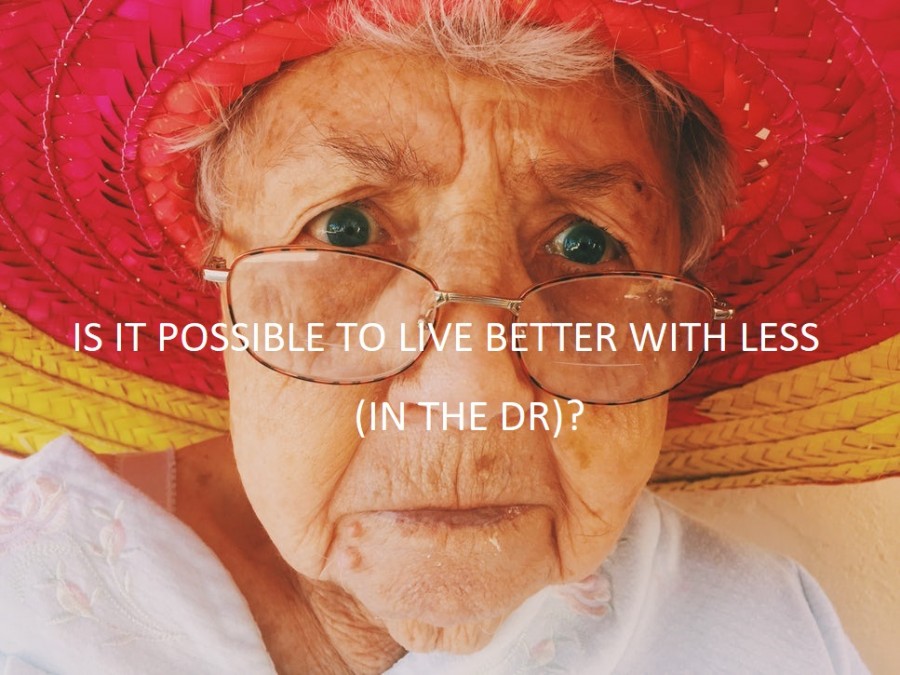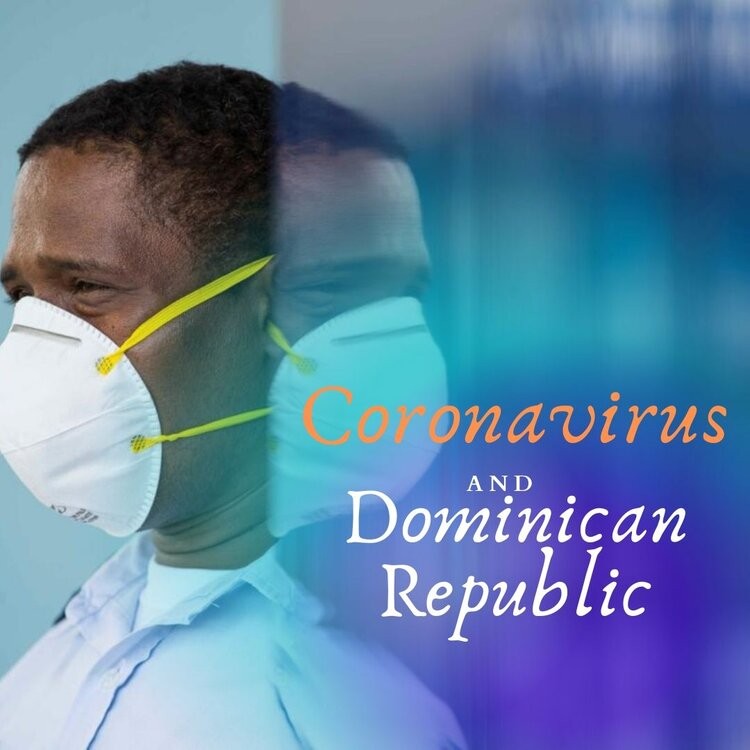Entry requirements, Visa & Residency in the Dominican Republic
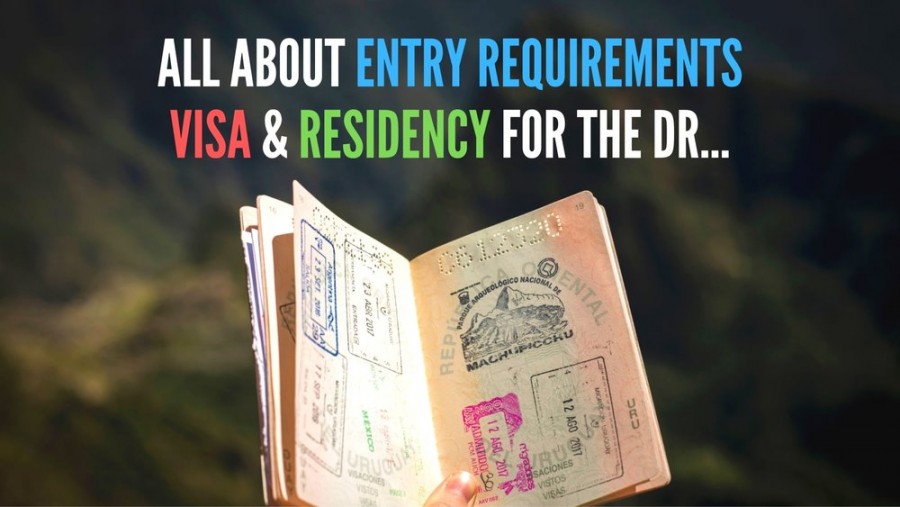
When traveling to any country there are always many things to consider, especially if you plan to move and even buy a home there. In this post, we will tackle the different types of documents you will need when traveling to the Dominican Republic.
TOURIST CARD AND TOURIST VISA
Those who plan on traveling to the Dominican Republic should know that there are different visa requirements. Depending on which country you are from, you may or may not need a visa to enter. This authorization will be valid for 30 days.
Upon arrival, some travelers are required to buy a tourist card, which costs $10 and is valid for 30 days. Many airlines include this cost directly within your travel package or flight ticket.
You can extend this legal stay by 30 additional days by going to the Immigration Department in Santo Domingo called “Direccion General de Migración y Pasaportes”. Here is the link to the official website.
OVERSTAY FEES
If you wish to extend your stay in the Dominican Republic, you must visit the Migration Department in Santo Domingo to request an extension.
Nevertheless, numerous tourists decide to stay longer than they initially thought or also ex-pats currently living in the Dominican Republic who have not applied for residency. They are allowed to do so by paying a fine for their overstay. Overstaying from a month to 3 months will cost you approximately $50 while staying for one year can be around $100. Below you’ll find the fines to pay at customs when exiting the country. They accept credit cards, Dominican pesos, and USD.

Those who decide to spend more than 90 days in the Dominican Republic are required to obtain a visa appropriate to the reason for their stay. You can contact the consulate of the Dominican Republic in your home country to request that visa, and obtain the proper requirements needed.
Residents of several countries must obtain a tourist visa before arriving in the Dominican Republic. This document can be obtained in any Dominican consulate abroad (if not already included in your flight).
Citizens of some countries will need a tourist card and others a tourist visa, the list with more details is available here.
AND WHAT ABOUT BUSINESS VISAS?
Business visas can be purchased in the embassy in your home country, and have single and multiple entry options. Tourists and business people must provide proof that they have a return ticket to leave the country.
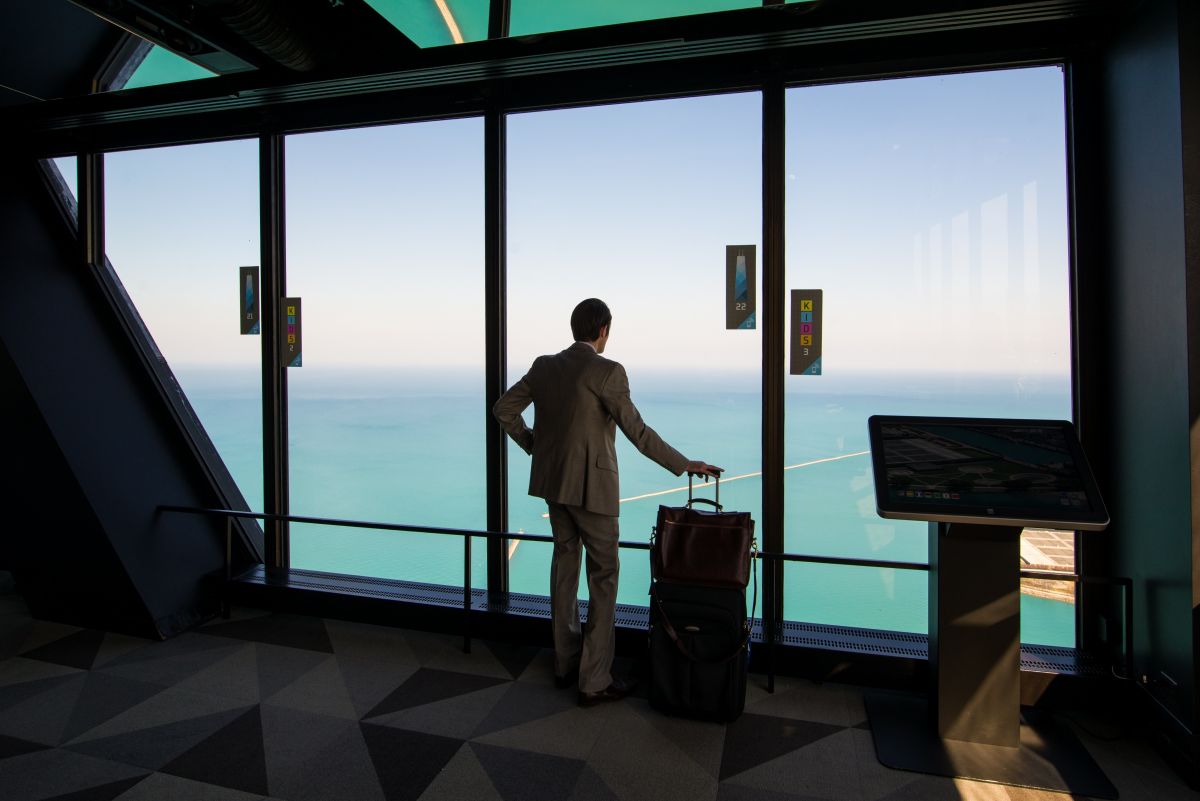
LIVING IN THE DOMINICAN REPUBLIC
APPLYING FOR A RESIDENCY VISA
If you are planning to move permanently to the Dominican Republic, you are obliged to apply for a resident visa. The overall cost of the application ranges from US$ 1,000 to 2,000 depending on the visa. Generally, you are required to have the following documents:
-
Two copies of all passport pages
-
Birth certificate translated into Spanish
-
Marriage certificate (if married) translated into Spanish
-
A letter of good conduct from the home country
-
A good conduct certificate from the Dominican Republic
-
Photo (Front and side view)
-
A copy of the employment agreement or proof of real estate purchase in DR
-
A letter of guarantee from a Dominican citizen or resident
-
A medical examination certificate (blood and urine for HIV test, TB, and drug use)
Obtaining a Dominican residency visa can be done in a few steps. First, you must apply for a residency visa via the Dominican consulate in your country of origin. Once you have been issued the residency visa, you have up to 60 days to plan a trip to the country to complete the next part of the process at the immigration department once you arrive in the Dominican Republic. While here, your complete file and supporting documents must be deposited with immigration, and your residency card and cedula (ID), will be ready in about 4-5 months.
There is an option to qualify for the fast-track method. For one to qualify, one must prove income from either foreign investment or pension minimum of $US 1,500 per month. You may also qualify if you make a $200,000 investment into the Dominican Republic by purchasing a property, and learn how to purchase a property in the Dominican Republic here. As one of the oldest real estate agencies in the beach town of Las Terrenas, Atlantique Sud offers a large portfolio of properties for sale.
Investing in a banking institution or a registered company in the Dominican Republic will also give you the right to a fast-track visa. Those who qualify for the fast track method, are given an exemption from duty for the importation of household goods, exemption from taxes on dividends and interest, and a 50% reduction on property and capital gains taxes.
If you do not fall under the fast-track program requirements, you may qualify for provisional/temporary residency. The first residency card is a provisional one. This means you will need to go through the same process once again in the following year to obtain a permanent residency. The documentation that is required is the same as for the first residency card.
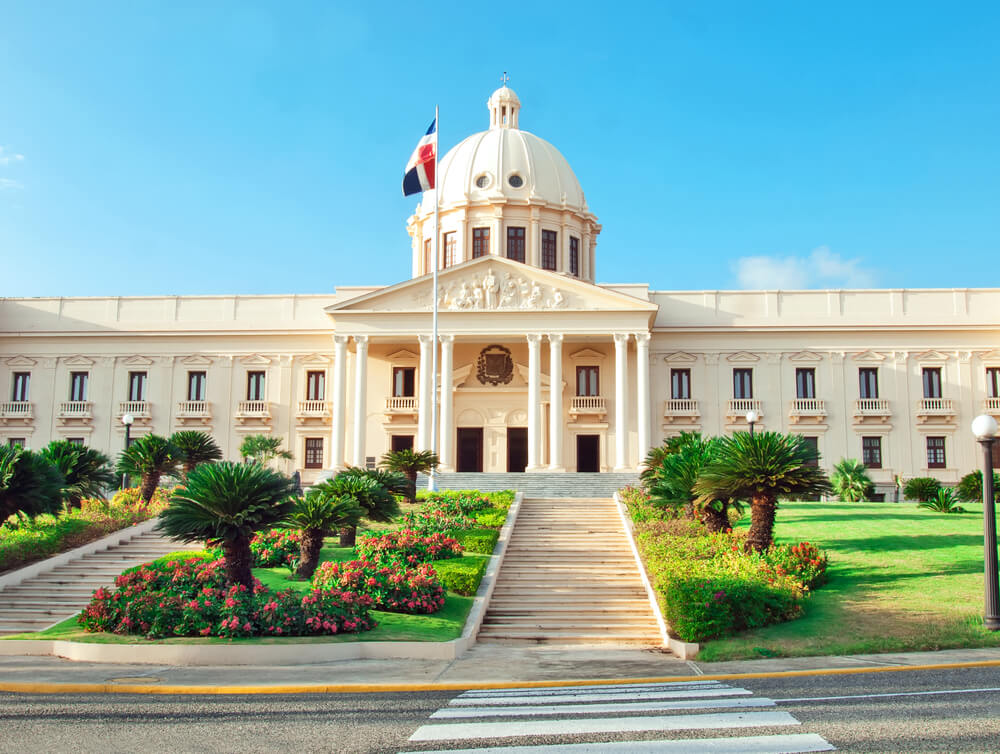
Expats who have a Dominican visa are entitled to ask for dependent visas for their family members. The good news is that kids don’t need to have any kind of special documents to travel in and out of the country, but a parent needs to be present each time they enter or leave the Dominican Republic.
Many ex-pats live in the Dominican Republic without residency, however, it is mandatory. The country has been making more efforts to regulate the issue of those living here illegally.
Being a resident of the Dominican Republic has many advantages. You can enter the country without a tourist visa by using your passport and Dominican residency. You also don't need to show a return ticket when entering. Another advantage is being able to get a driver's license. You can only drive for 90 days here with an international license. You can also expect inheritance taxes and lower education fees! Many companies do not employ ex-pats unless they have residency.
For more information on the proper requirements and documents needed to travel here, you can contact the consulate of the Dominican Republic in your home country.
Dominican residency is comprised of two steps. First, you must apply for a residency visa via the Dominican consulate in your country of origin. Once issued, you have 60 days to plan a trip to the DR to complete the second part of the process, at the Immigration Department. While you are in the DR, you will need to deposit your file with Immigration and in approximately 4-5 months your residency card and "cedula" (state I.D.) will be ready. Depending on the category of residency you qualify for you may apply for Dominican citizenship between 6 - 24 months or more after being issued Dominican residency.
The cost of provisional/temporary residency is US$ 3,400. For residency through marriage is US$3,200. For NGO members and missionaries of organizations legally registered in the Dominican Republic and minors is US$2,400. A work visa and residency permit cost US$1,000.
The cost for permanent residency which includes the visa process with the consulate and the residency process with immigration is US$3,900.00 per person.
If you wish to talk to our partner and expert in this matter to receive information specific to your profile, let us know by sending an email to info@realestatelasterrenas.com or by filling out this contact form and we will be in touch with you shortly!
Rate this page
Click on star to rate it
Average rating 0/5. Vote count 0






